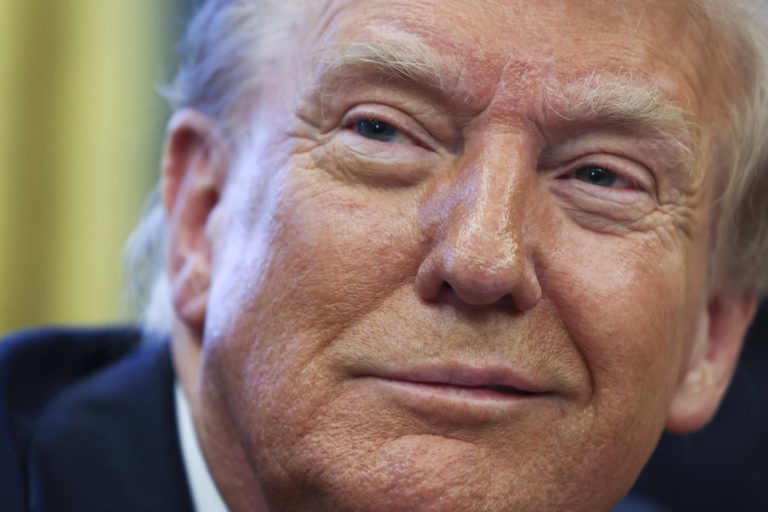The White House has reaffirmed that U.S. President Donald Trump’s tariffs on Canadian imports will take effect next week, despite ongoing discussions between the two countries. However, a senior official indicated that negotiations could still influence the final outcome.
Trump’s executive order imposes a 25 per cent tariff on all Canadian imports, with a reduced 10 per cent levy on energy products. The decision was initially scheduled for immediate enforcement but was postponed until March 4 after Canada agreed to introduce additional security measures at the border.
The president described the delay as a window to reach a “final economic deal,” yet on Monday, he reiterated that the tariffs would proceed as planned. His remarks also referenced other executive actions within his broader trade policy, underscoring a continued push for economic protectionism.
In response, Canadian officials, including provincial premiers, have been actively engaging with Washington, seeking clarity on Trump’s demands and potential pathways to prevent the tariffs from being implemented. However, the administration’s expectations remain uncertain, with Trump’s rhetoric oscillating between trade grievances and even suggesting Canada should become a U.S. state.
The upcoming days are expected to be critical as negotiations continue, with Canadian leaders pushing for a resolution before the March 4 deadline.

